The Turkish Red Crescent (Kızılay) has officially become the leading humanitarian organization in the global Red Cross and Red Crescent network, reaching the highest number of countries, individuals and aid volume among the 192 national societies, its chairperson announced Tuesday in a briefing with Ankara-based media representatives.
“In 2024 alone, we reached 47 million people – 13 million abroad and 34 million within Türkiye,” said Kızılay Chair Fatma Meriç Yılmaz. “This made us the number one international movement not only in outreach, but in the total value and scope of aid delivered.”
Yılmaz highlighted that this milestone is not the end, but a pivot point. Kızılay’s next chapter, she explained, will hinge on three key pillars: community education, expanded social aid via soup kitchens and long-term investments in biotechnology to bolster Türkiye’s strategic independence in health while aiding Kızılay’s operations.
Resilience through education
One of the organization’s most ambitious new goals is to provide safety, health and disaster preparedness education to 4.5 million individuals in Türkiye by 2025. “We’ve already reached nearly two million people in the first half of this year,” Yılmaz noted. “Education is our frontline defense in a world of daily disasters.”
Kızılay’s curriculum will emphasize personal and household resilience, focusing on practical preparedness. “When we talk about disaster readiness, we don’t just mean what the state or Kızılay should do. The real question is: how prepared is each citizen and household?” she asked.
Soup Kitchens: More Than Meals
Kızılay also plans to nearly double its network of soup kitchens – from 46 today to 91 by 2028 – emphasizing home-delivered meals for the elderly living alone.
“These are not just food programs. They’re our way of saying, ‘You are not alone,’” Yılmaz explained. “Sometimes, we’re the only ones knocking on a door. Sometimes we’re the only ones who would know if someone passed away inside their home.”
In tandem, the organization will expand its network of “Kızılay boutiques” to distribute free clothing in a dignified retail-like setting, especially ahead of religious holidays.
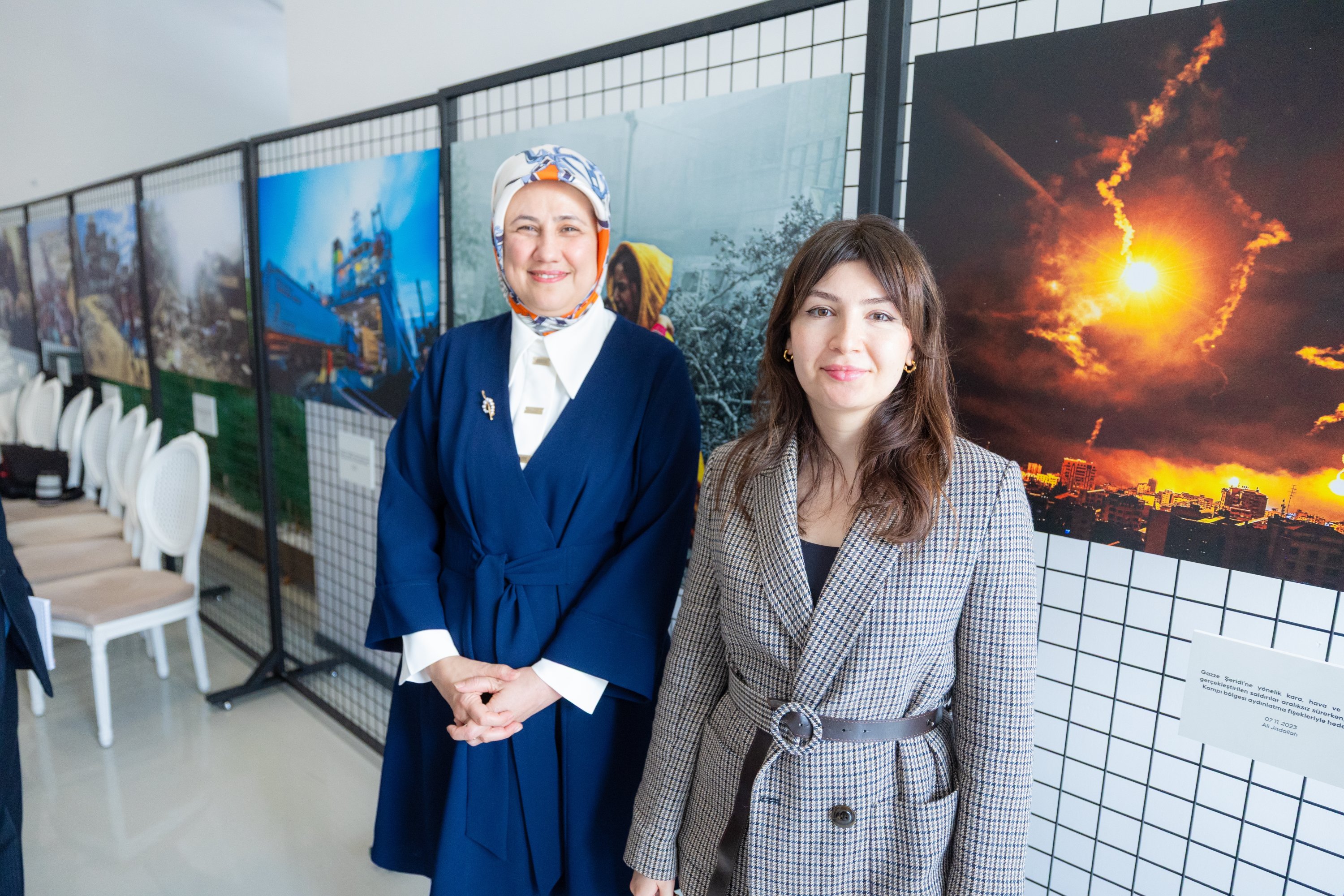
From Disaster Relief to Bio-Pharma
Beyond social services, Kızılay is positioning itself as a player in high-stakes biotechnology and health security.
At the heart of this transformation is the Kızılay Investment Group – overseeing for-profit arms such as mineral water and food production – which now channels profits into biomedical innovation. The flagship project is Türkiye’s first domestic plasma fractionation facility, built in cooperation with a South Korean firm.
“This facility will allow us to manufacture life-saving blood-derived medicines like immunoglobulins and clotting factors here in Türkiye,” said Yılmaz. “We will become the tenth country in the world with this capability.”
An additional facility in Silivri, nearing completion, will produce the blood bags currently imported from Europe, critical infrastructure during emergencies and pandemics. A third project focuses on localizing advanced blood testing kits, such as the expensive NAT screening for HIV and hepatitis viruses.
Kızılay has also entered the enteral nutrition market, developing Turkish-flavored liquid meal formulas – such as “cacık” and “mercimek çorbası” – for cancer and elderly patients, based on clinical feedback and cultural preferences. “Why should patients drink vanilla-flavored formulas that don’t suit their taste or nutrition needs?” asked Yılmaz.
The biotech investments are part of a broader plan to ensure that future humanitarian operations are not hostage to foreign funding or market volatility.
Independent Despite Global Funding Cuts
This independence has proven critical amid international aid cuts, especially following USAID’s suspension of support to various U.N. agencies and the International Federation of Red Cross and Red Crescent Societies (IFRC).
“While many societies are scaling back, closing field offices and laying off staff, Kızılay continues uninterrupted,” Yılmaz said. “Our model – which includes domestic fundraising, in-kind donations and sustainable investment revenues – has insulated us from these shocks.”
She confirmed that while some UNHCR-backed projects for Syrian refugees have been paused, Kızılay’s core operations – including earthquake recovery and international food aid – remain fully functional.
“In a world where humanitarian demand is rising but funding is falling, our challenge is to build a structure that is not only compassionate, but also resilient,” Yılmaz said.

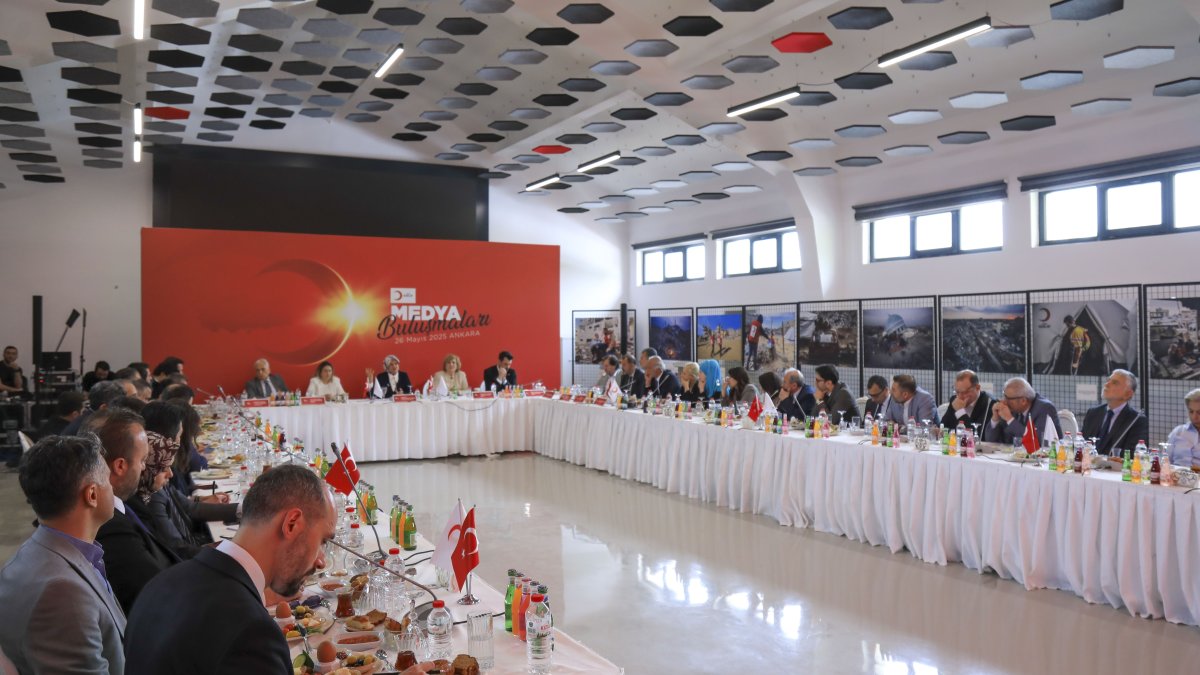
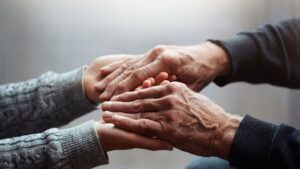
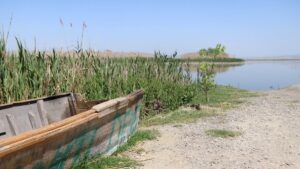
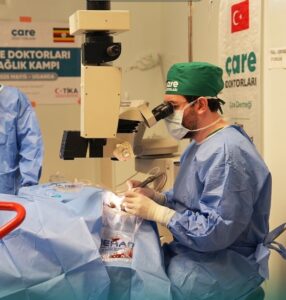
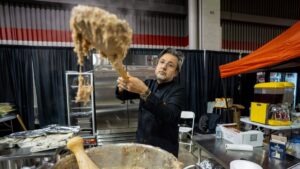
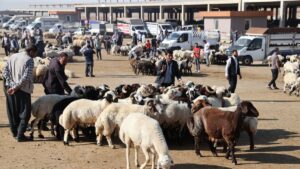
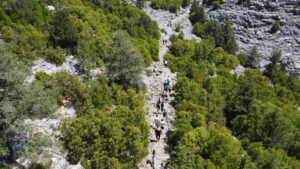
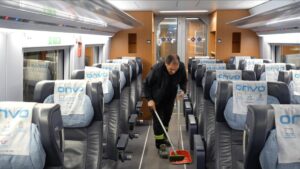

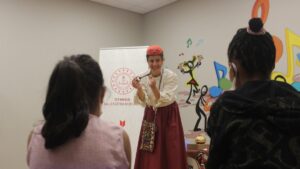
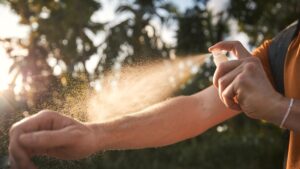

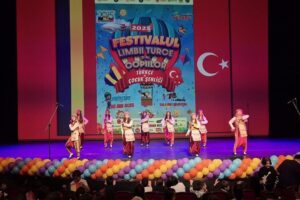
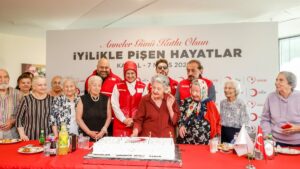




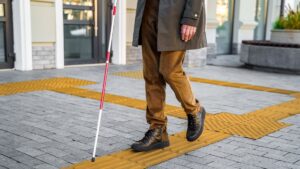
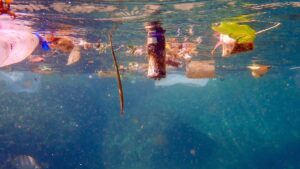
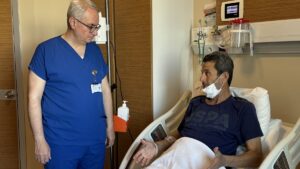


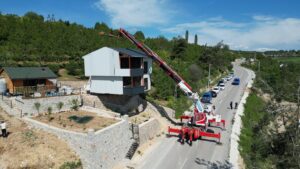


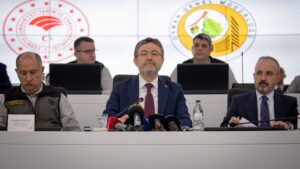
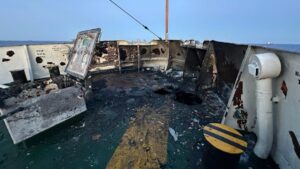

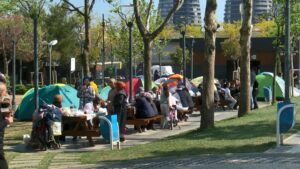
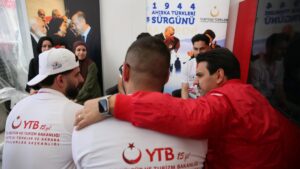

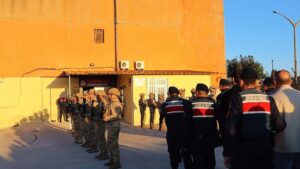
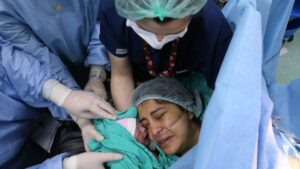
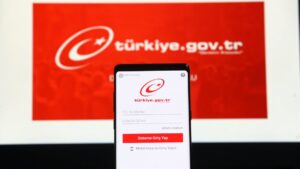

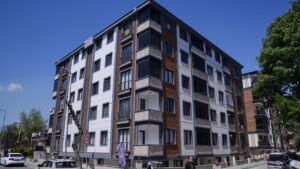

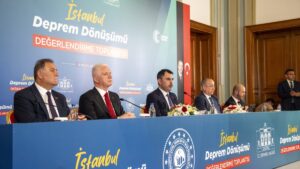
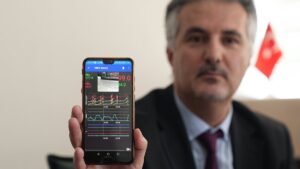

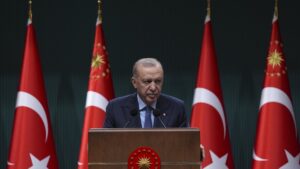
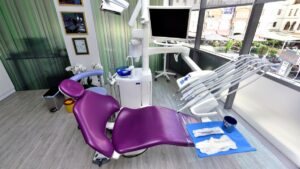
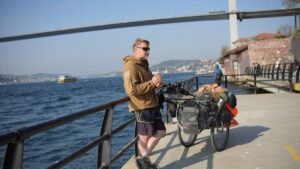
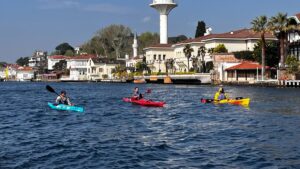
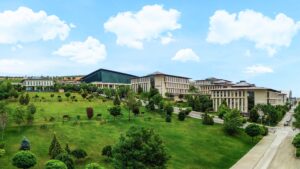
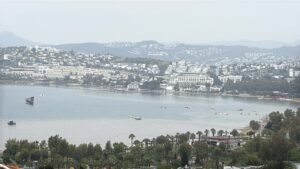

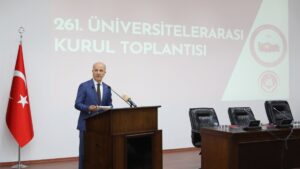
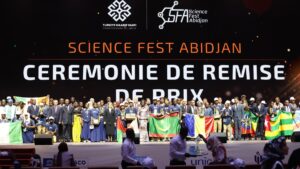

Be First to Comment